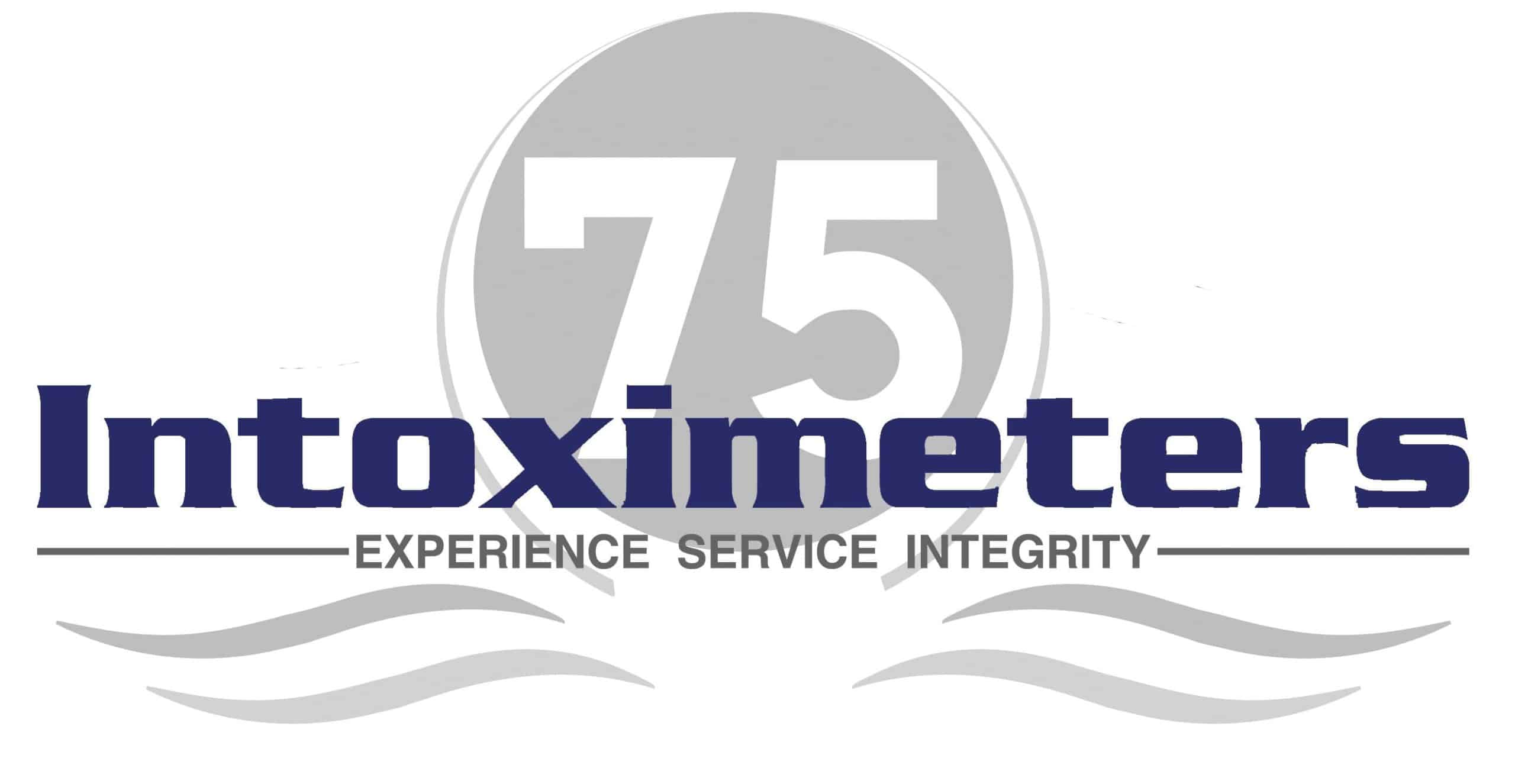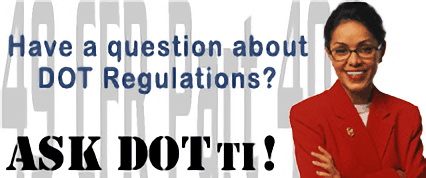Technical FAQ
The US DOT’s Office of Drug & Alcohol Policy & Compliance website is an excellent place to start.
Yes, NHTSA has a CPL for Alcohol Screening Devices (ASDs). Click the link below to view this list.
The United States Department of Transportation (U.S. DOT) publishes rules and regulations in the Federal Register. However, the U.S. Department of Transportation’s website is a good place to start for information on rules, regulations, and other transportation related policies. The actual rules related to drug and alcohol testing are covered under 49 CFR Part 40.
In addition, Intoximeters offers a variety of training courses specific to workplace testing. The Training Department conducts classes regularly at our St. Louis, Missouri office as well as select regional locations around the United States. Intoximeters workplace training classes are designed to meet the requirements of the U.S. Department of Transportation alcohol testing program as well as non-regulated company policy programs.
Courses also cover testing under other regulatory agencies such as the Nuclear Regulatory Commission, the U.S. Department of Energy, and U.S. Coast Guard. Additional information on Intoximeters training courses can be found by clicking here.
No, regulations concerning the type of devices that can be used for U.S. DOT workplace testing are covered in 49 CFR Part 40 Subpart K of the Federal Register (see link below). The minimum requirement for an instrument to perform a screening test is that it is approved by DOT and listed on the Conforming Products List (CPL) for Screening Devices. However, only a product that has been approved and listed on the CPL for Evidential instruments can be used for confirmation testing.
In addition to being approved on the Evidential CPL, DOT places additional requirements on evidential breath testing (EBT) instruments used for confirmation testing ——— see 49 CFR Part 40.231———-
1. Provides a printed triplicate result or three identical copies of a result for each test;
2. Assigns a unique number to each completed test, which the BAT and employee can read before each test and which is printed on each copy of the
result;
3. Prints on each copy of the result the manufacturer’s name for the device, its serial number, and the time of the test;
4. Distinguishes alcohol from acetone at the .020 alcohol concentration level.
5. Tests an air blank; and
6. Is capable of performing an accuracy check.
Learn more about our complete range of products by clicking the Intoximeters Products link below. To discuss your U.S. DOT/Workplace testing needs with the Intoximeters Training Department call us at (314) 429-4000 or email your questions. You may also contact your regional sales representative for more information.
Screening Tests under the U.S. DOT Transportation Workplace Drug and Alcohol Testing Program Procedures are meant to reduce the amount of time needed to conduct alcohol tests given that the vast majority of such tests result in a negative response. Once a donor or subject has been identified the Collector needs to complete Steps 1 and 2 on the Alcohol Testing Form before administering the test. Screening tests can be conducted with any instrument listed on the Conforming Products List for Alcohol Screening Devices or the Conforming Products List for Evidential Breath Testing Instruments by the U.S. DOT.
Confirmation tests are only required after a screening test result of .020 BrAC or greater and a 15 minute observation period. Confirmation tests require that an air blank be performed prior to the donor’s sample to ensure that no alcohol remains in the sampling system of the instrument and that a printout of the result be produced. The confirmation result is the final, evidential result for the donor. See the DOT procedures in 49 CFR Part 40 for a complete explanation. Confirmation tests must be conducted with an instrument listed on DOT’s Conforming Products List (CPL) for Evidential Breath Testing Instruments AND must also meet additional requirements listed in 49 CFR Part 40.231.
Intoximeters offers systems that meet both requirements above, such as the Alco-Sensor® VXL, RBT VXL, Alco-Sensor® IV, Alcomonitor CC, or Intox EC/IR® II instruments. In addition, these products can be ordered with software specific to the requirements of U.S. DOT Transportation Workplace Testing Program that will guide the collector through the testing process from screening test to final confirmation test result to ensure that the minimum requirements for a successful test sequence have been met. More information on these products can be found here.
In addition to a wide range of evidential grade breath alcohol products, Intoximeters offers specific training courses for collectors involved with Workplace Alcohol Testing under U.S. DOT guidelines or under company policy. To learn more about Intoximeters training courses, click here .
It is important to understand that just because an instrument is listed on the U.S. DOT/NHTSA Evidential Conforming Products List (CPL), does not mean it meets all requirements for DOT workplace testing. The U.S. DOT has placed several additional requirements for confirmation tests in 49 CFR Part 40.231, including that the device must provide a printed triplicate result (or three consecutive identical copies of a result) for each breath test.
Though all of Intoximeters instruments are approved on the Evidential CPL, the following systems meet the requirements for both screening and confirmation testing: Alco-Sensor VXL, RBTVXL, Alco-Sensor IV with @Work Software, Alco-Sensor IV with Memory, Alco-Sensor IV/RBTIV, Alcomonitor CC. and Intox EC/IR II.
To discuss your instrument needs please contact the Customer Service Department or your regional sales representative. Click Here for contact information.
If you own an Intoximeters instrument, please contact our Customer Service Department to request an appropriate QAP based on the instrument you own.
Interested in learning more about Intoximeters range of products for workplace alcohol testing needs? Click here to view the wide range of solutions we offer.
To become a Breath Alcohol Technician you must complete the DOT Model Training Course or an approved equivalent which will provide instruction on the DOT procedures and regulations related to alcohol testing.
Additionally, you must demonstrate proficiency with your EBT instrument by performing seven error-free tests with the EBT. These tests must be monitored in real time by a qualified instructor to verify that they are error-free.
No, you can use an approved ASD (Alcohol Screening Device) for performing screening tests, but an approved evidential breath test (EBT) device must be used for confirmation testing.
All Intoximeters factory-trained students are trained as Breath Alcohol Technicians and Calibration Technicians and are certified to perform all of the required functions to maintain their instruments for normal day to day operation, periodic accuracy checks, and calibration adjustments (if needed).
If you were trained as a BAT to perform tests and periodic accuracy checks, but were not certified as a Calibration Technician by the factory, then you are not authorized or certified to perform the actual calibration of the instrument. If the EBT were to require a calibration adjustment, you would have several options:
- Find a properly certified Cal Tech in your area (contact the Training Department),
- Get trained as a Cal Tech and perform the calibration yourself (view available classes),
- Send the instrument to Intoximeters Technical Service for calibration, or
- Use another properly calibrated EBT.
The following informational links are regarding COVID-19, published by the DOT:
ODAPC publication:
https://www.fmcsa.dot.gov/emergency/fmcsa-covid-19-drug-alcohol-testing-guidance
FMCSA guidance:
https://www.fmcsa.dot.gov/emergency/fmcsa-covid-19-drug-alcohol-testing-guidance

